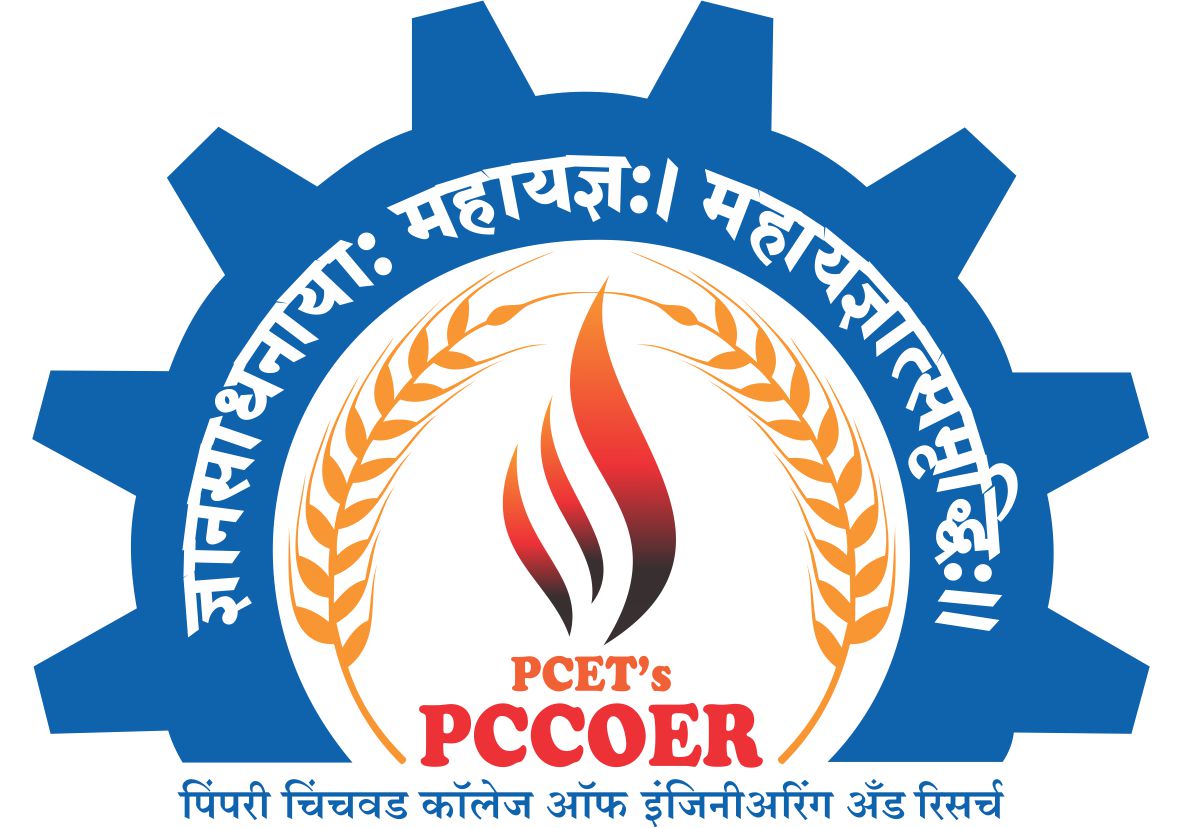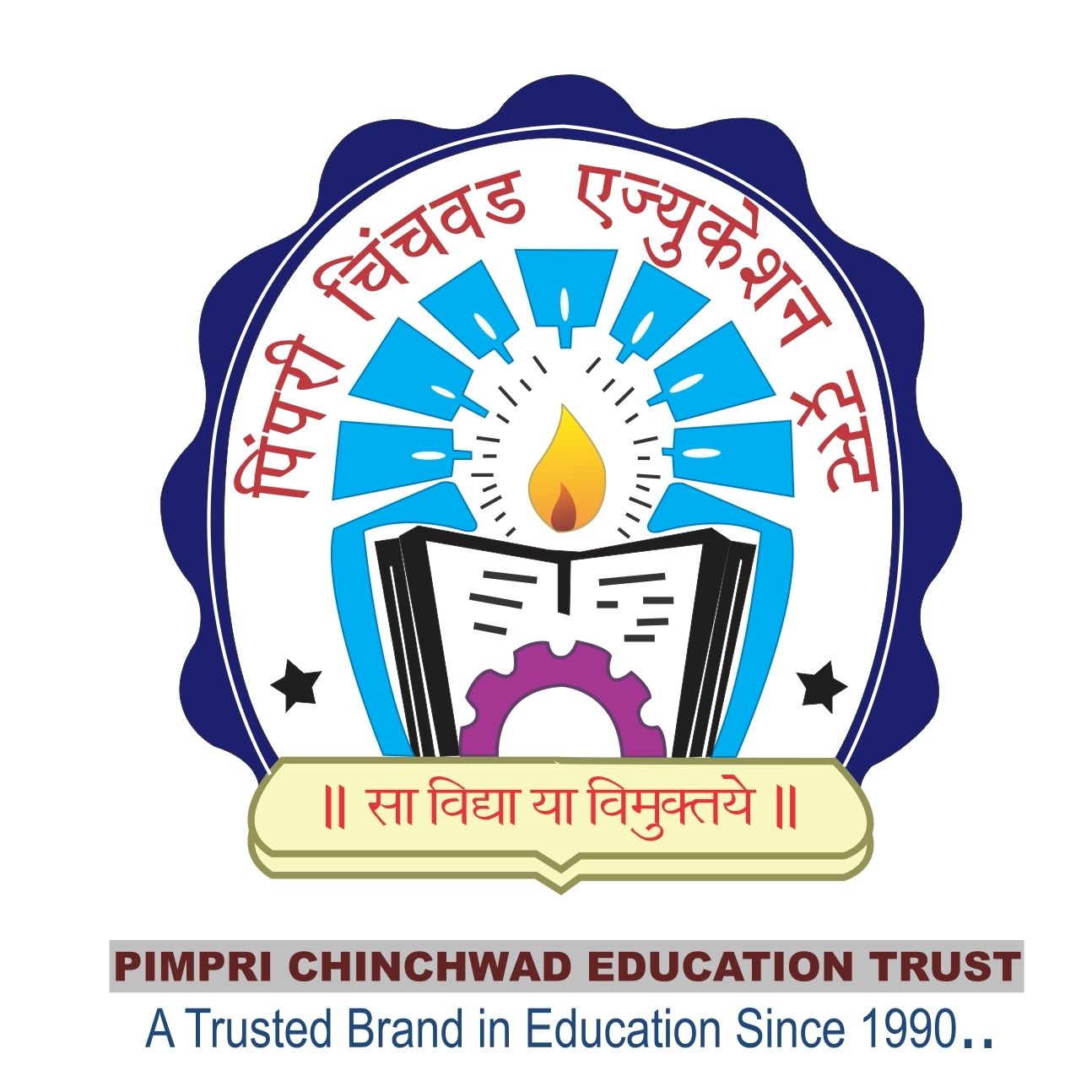|
PCET's Pimpri Chinchwad College of Engineering and Research |
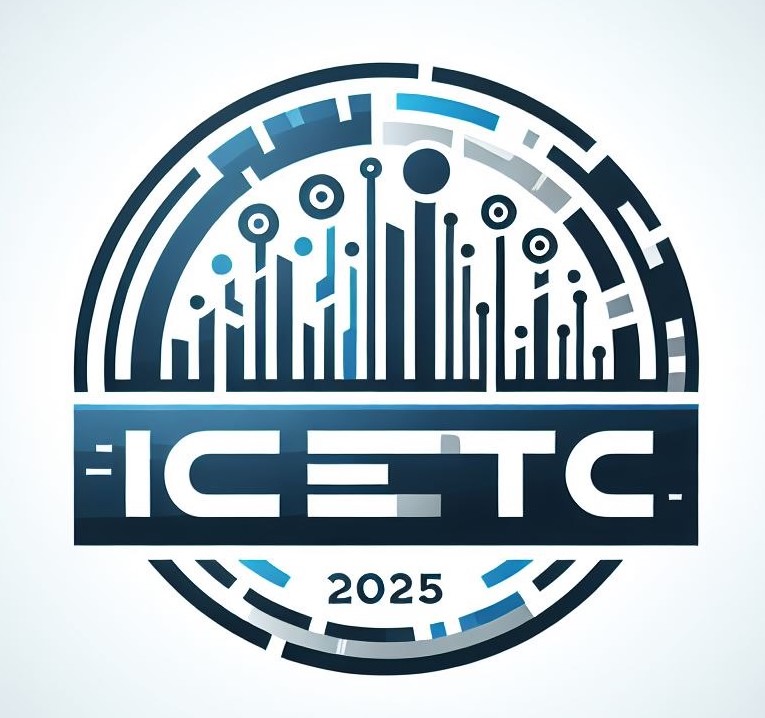
|
PCET's Pimpri Chinchwad College of Engineering and Research |

Conference Highlights
About the Conference
The International Conference on Emerging Technologies and Computing (ICETC - 2025) brings together experts, innovators, and thought leaders to explore the transformative impact of cutting-edge technologies on industries and society. In this rapidly evolving digital era, technologies such as artificial intelligence, machine learning, blockchain, and quantum computing are redefining the future of computing and beyond. This conference provides a platform for researchers, professionals, and academics to present groundbreaking research, share insights, and engage in discussions that will shape the trajectory of technological advancements. By fostering collaboration and knowledge exchange, the event aims to drive innovation, address current challenges, and explore new opportunities in the tech landscape, ultimately paving the way for sustainable technological growth. As India embraces these emerging technologies, the country is witnessing rapid progress in key sectors like healthcare, agriculture, finance, and manufacturing, driven by innovations in AI, data analytics, IoT, and 5G. Government initiatives like Digital India, the National AI Strategy, and the Smart Cities Mission have created an environment ripe for technological growth and experimentation. The conference offers a unique opportunity to showcase India’s strides in wide areas of emerging technologies and computing, while also addressing challenges related to cybersecurity, digital infrastructure, and ethical considerations. By bringing together researchers, professionals, and industry leaders, the event aims to accelerate India's technological progress and contribute to the ongoing revolution in computing and innovation across various industries.
Conference Objectives
About the Organizer
Pimpri Chinchwad College of Engineering & Research (PCCOE&R) was established in 2014 under the aegis of Pimpri Chinchwad Education Trust (PCET). Presently the Institute offers NBA accredited UG Programmes in four disciplines viz. Civil Engineering, Computer Engineering, E&TC Engineering, Mechanical Engineering and also offers Information Technology. PCCOE&R is affiliated to Savitribai Phule Pune University (SPPU), Pune and is approved by A.I.C.T.E., New Delhi, Govt. of Maharashtra, D.T.E, Mumbai. Recently the Institute has been accredited with A++ grade by NAAC in the very first cycle of accreditation. Right from its inception, PCCOER has adopted Outcome Based Education (OBE) and Student-centric approach. We work on a Four-Pillar Philosophy, the four pillars of our Institute being;
We strongly focus on research, innovation, product development, publication, patent and copyright filing, incubation and entrepreneurship. In research, several milestones have been achieved by PCCOE&R within the first five years itself. World Records of India has awarded PCCOE&R a Certificate of Recognition for filing Maximum Number of Copyright Applications in a single day on 16th February 2018 and also for 38 Lady Faculties filing patents together on a single day on 17th December 2019. Principal, faculty members and even non-teaching staff members have thought innovatively and filed patents. Research and Intellectual Property (IP) are just second nature to PCCOER. PCET and PCCOE&R have become synonyms for the best placements in the last few years. Several activities like aptitude training, GD, guidance of technical persons and HR from reputed industries, communication and soft skills enhancement training, mock interview sessions etc. are conducted for the placement of students. The tremendous efforts taken by faculty and T&P cell have resulted into many quality placements and even several International placements. Various activities are conducted for the overall development of students in PCCOE&R. Several value-added and Honor Courses with options for Major/Minor have been introduced in Artificial Intelligence (AI), Internet of things (IoT), Robotics, etc. Students undergo many co-curricular and extra-curricular activities like NSS camps, Unnat Bharat Abhiyaan, social and environmental cause events, International Yoga Day Celebration, Sports, Cultural Events, Induction Programmes, Farewell Programmes, Art workshops, Quizzes, etc. Institute and each Department have their cultural and technical magazines, to which students contribute enthusiastically. Each Department has its own Students' Association through which several programmes are organized every semester. Care is taken to inculcate National pride and ethics. We strongly believe that ancient traditions and modern technology are the two wheels on which the chariot of an Engineering aspirant leaps towards success!
The International Conference on Emerging Technologies and Computing (ICETC 2025) brings together experts, innovators, and thought leaders to explore the transformative impact of cutting-edge technologies on industries and society. In this rapidly evolving digital era, technologies such as artificial intelligence, machine learning, blockchain, and quantum computing are redefining the future of computing and beyond. This conference provides a platform for researchers, professionals, and academics to present groundbreaking research, share insights, and engage in discussions that will shape the trajectory of technological advancements. By fostering collaboration and knowledge exchange, the event aims to drive innovation, address current challenges, and explore new opportunities in the tech landscape, ultimately paving the way for sustainable technological growth. As India embraces these emerging technologies, the country is witnessing rapid progress in key sectors like healthcare, agriculture, finance, and manufacturing, driven by innovations in AI, data analytics, IoT, and 5G. Government initiatives like Digital India, the National AI Strategy, and the Smart Cities Mission have created an environment ripe for technological growth and experimentation. The conference offers a unique opportunity to showcase India’s strides in wide areas of emerging technologies and computing, while also addressing challenges related to cybersecurity, digital infrastructure, and ethical considerations. By bringing together researchers, professionals, and industry leaders, the event aims to accelerate India's technological progress and contribute to the ongoing revolution in computing and innovation across various industries.
Conference Objectives

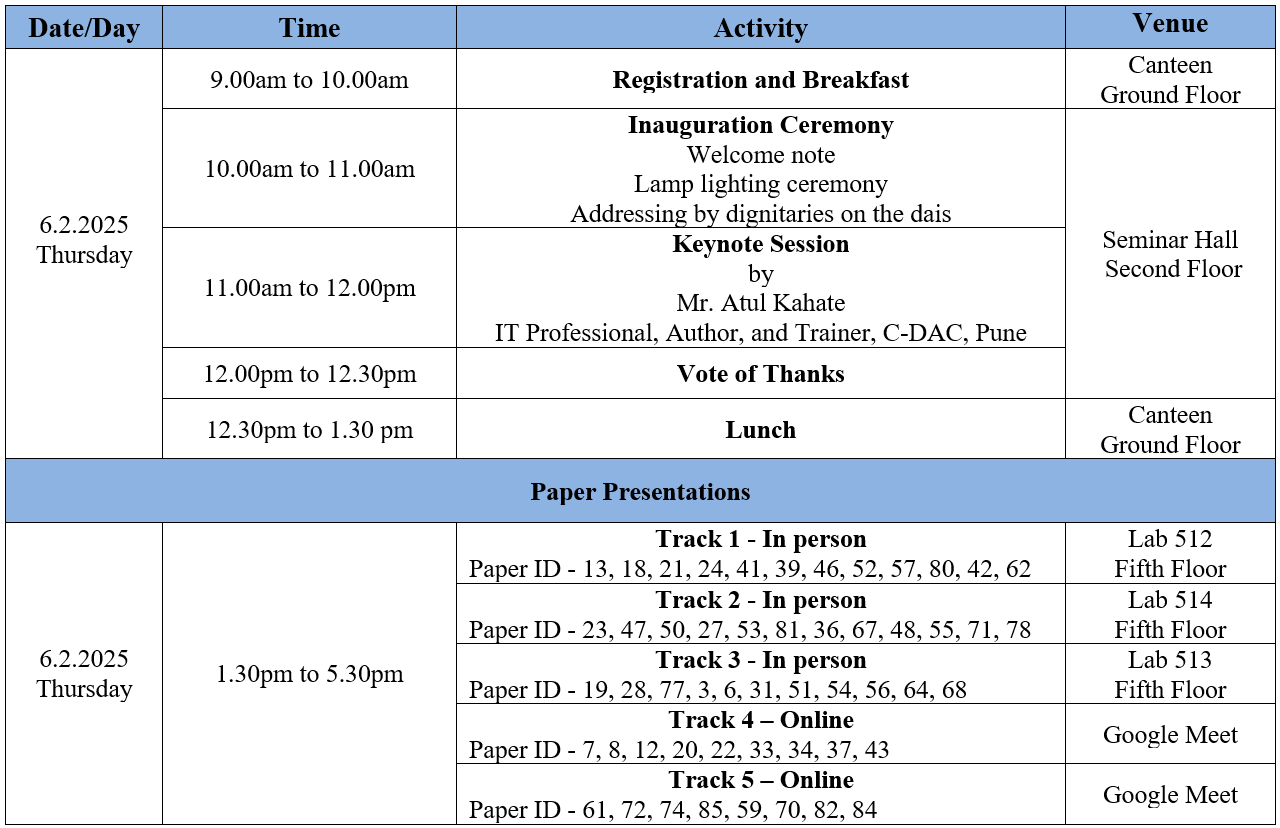
|
Mr. Atul Kahate Current Role
|
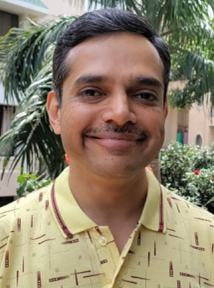 |
Professional Experience
Publications
Awards & Recognition
Academic Involvement
Mr. Atul Kahate brings a wealth of experience, both in academia and the industry, and his contributions have greatly shaped the IT and literary landscape.
PCET Pimpri Chinchwad College of Engineering and Research
Plot No. B, Sector no. 110, Gate no.1, Laxminagar, Ravet, Haveli, Pune - 412101, Maharashtra, India

Pimpri Chinchwad College of Engineering & Research (PCCOE&R) was established in 2014 under the aegis of Pimpri Chinchwad Education Trust (PCET). Presently the Institute offers NBA accredited UG Programmes in four disciplines viz. Civil Engineering, Computer Engineering, E&TC Engineering, Mechanical Engineering and also offers Information Technology. PCCOE&R is affiliated to Savitribai Phule Pune University (SPPU), Pune and is approved by A.I.C.T.E., New Delhi, Govt. of Maharashtra, D.T.E, Mumbai. Recently the Institute has been accredited with A++ grade by NAAC in the very first cycle of accreditation. Right from its inception, PCCOER has adopted Outcome Based Education (OBE) and Student-centric approach. We work on a Four-Pillar Philosophy, the four pillars of our Institute being;
We strongly focus on research, innovation, product development, publication, patent and copyright filing, incubation and entrepreneurship. In research, several milestones have been achieved by PCCOE&R within the first five years itself. World Records of India has awarded PCCOE&R a Certificate of Recognition for filing Maximum Number of Copyright Applications in a single day on 16th February 2018 and also for 38 Lady Faculties filing patents together on a single day on 17th December 2019. Principal, faculty members and even non-teaching staff members have thought innovatively and filed patents. Research and Intellectual Property (IP) are just second nature to PCCOER. PCET and PCCOE&R have become synonyms for the best placements in the last few years. Several activities like aptitude training, GD, guidance of technical persons and HR from reputed industries, communication and soft skills enhancement training, mock interview sessions etc. are conducted for the placement of students. The tremendous efforts taken by faculty and T&P cell have resulted into many quality placements and even several International placements. Various activities are conducted for the overall development of students in PCCOE&R. Several value-added and Honor Courses with options for Major/Minor have been introduced in Artificial Intelligence (AI), Internet of things (IoT), Robotics, etc. Students undergo many co-curricular and extra-curricular activities like NSS camps, Unnat Bharat Abhiyaan, social and environmental cause events, International Yoga Day Celebration, Sports, Cultural Events, Induction Programmes, Farewell Programmes, Art workshops, Quizzes, etc. Institute and each Department have their cultural and technical magazines, to which students contribute enthusiastically. Each Department has its own Students' Association through which several programmes are organized every semester. Care is taken to inculcate National pride and ethics. We strongly believe that ancient traditions and modern technology are the two wheels on which the chariot of an Engineering aspirant leaps towards success!
About Department of Computer Engineering
The Department of Computer Engineering at Pimpri Chinchwad College of Engineering and Research (PCCOE&R) was established in the year 2014-15 with an initial intake of 60 students in undergraduate degree programme and enhanced its intake to 120 in the year 2020, to 180 in the year 2022 and to 240 in the year 2023. Department has been accredited by NBA for 3 years till June 2027. The Department also works on Outcome Based Philosophy (OBE) which is aligned with Four-Pillar philosophy, in which, we focus and organize the entire programme and all the instructional efforts around the clearly defined outcomes that we want our students to demonstrate when they leave the institute. We endeavor to deliver such contents and to exercise such pedagogies and assessment that our students achieve high order learning and mastery.
Department runs a UG programme in Computer Engineering, which is a 4 years, 8 semesters full time programme. Department has adequate number of Faculty members and supporting staff, who are well qualified, experienced and dedicated. Department has spacious classrooms, tutorial room, a department lobby (e-Shishyakulam), a project & research lab and experimentation laboratories equipped with latest equipments. The department believes in student-centric, research oriented course delivery and aims to produce industry ready engineering workforce who are culturally vibrant, socially sensitive and enterprising with leadership qualities.
The department has exceptional placements record and offers skills to meet the challenges of a creative and productive profession according to industry needs. The Department has a Research and Innovation conducive environment where in students are guided for publishing papers, filing IPRs and developing products. The Department conducts a number of workshops, seminars, industrial training programs, alumni interactions, guest lectures, and expert lectures to enhance the knowledge and to make students aware of the latest technologies. Department has a professional student branch named ACM under which technical programs like eminent speaker programs from technical fields, different technical programs, etc. are organized. Department also focuses on the overall personality development of students through different associations / clubs viz: A student association named C-Cube (Computer Cosmos Consortium), ACM (Association for Computing Machinery) student chapter, Google developer students club (GDSC), Geeksforgeeks(GFG) student chapter, ACM-W (Association for Computing Machinery -Women) student chapter and Codecraft club .
Sincere efforts and sense of responsibility by dedicated faculty members shows their maturity to understand the problems of students and nurture them accordingly.
ICETC 2025 - Organizing Team
|
Dr. Archana Chaugule |
Dr. Swati Nikam |
|
Dr. M.B. Salunke |
Dr. Govind Suryawanshi |
|
Dr. Archana Kollu |
Dr. Vijay Arun Kotkar |
|
Dr. Yogeshwari Mahajan |
Dr. Abhijit Jadhav |
|
Dr. Shivganga Gavhane |
Dr. Vaishali Latke |
|
Mrs. Sonali Lunawat |
Mrs. Madhuri Badole |
|
Mrs. Vaishali C.Kulloli |
Mrs. Minal Bodke |
|
Mrs. Madhuri Khumbar |
Mrs. Ashwini Bhavsar |
|
Mrs. Deepa Mahajan |
Mrs. Trupti Kherde |
|
Mrs. Tejaswini Gavhane |
Mrs. Rutuja Magar |
|
Mrs. Shrinika Inamdar |
Mrs. Shailaja Lohar |
|
Mrs. Madhavi Kapre |
Mrs. Dipti Chaudhari |
|
Mrs. Shrutika Menkudale |
Mrs. Avani Ray |
|
Mrs. Tejaswini patil |
Mrs.Nilam Jadhav |
|
Mrs. Swati Rajput |
Mrs. Shraddha Kalsekar |
|
Mrs. Priyadarshini Doke |
|
Chief Patrons
Patrons
General Chair, ICETC - 2025
Convener, ICETC - 2025
Co-convener, ICETC - 2025
Founders
|
|
|
|
Late. Shri. Shankarrao B. Patil |
Late. Smt. Lilatai Shankarrao Patil |
|
|
|
|
Shri. Dnyaneshwar P. Landge |
Shri. Vitthal S. Kalbhor |
|
|
|
|
Shri. Shantaram D. Garade |
Late. Shri. Bhaijan Kazi |
|
|
|
Board of Trustees
|
|
|
|
Shri. Dnyaneshwar P. Landge |
Smt. Padma M. Bhosale |
|
|
|
|
Shri. Vitthal S. Kalbhor |
Shri. Shantaram D. Garade |
|
|
|
|
Shri. Harshwardhan S. Patil |
Dr. Girish Desai |
Journal Press India [Conference and Publication Partner]
|
Journal Press India (JPI) is a publishing house devoted to the publication of high-quality research journals in the areas of commerce, management, finance, accounting, Indian economy, international business and taxation. . All the journals are peer-reviewed and invite innovative research from experts, addressing topical issues in their respective areas. Visit us at www.journalpressindia.com JPI also offer online solutions for 'Journal publications' and 'Conference management'. |
|
|
JPI 'Online Journal Management System (OJMS)' facilitate with the automated workflow for the online manuscript submission, double blind peer-review process and publication. It would be very useful for the institution’s existing published journal/s or planning to launch new online journal/s or to revive old published journals. JPI's OJMS significantly reduces the administrative tasks of a journal’s editor/ editorial team through an automated workflow. The journals and their articles hosted on JPI OJMS portal will bring high visibility from respective web search engines to increase citations manifold and would also help in getting indexed with popular databases. The Journal would have dedicated webpages with various web links like, Home Page, Editorial Board, Current issue, Archives, Ethics Policy, Submission Guidelines, Peer-review process/guidelines etc.
JPI CMS tool is a comprehensive 'Conference Management System' that enables organizers of a conference to manage all their key conference activities from a single platform. Apart from creating an exclusive ‘conference website’ which provides all information related to the conference, JPI CMS enables ‘online registration’ of participants, ‘online submission’ of abstracts and full papers as well as ‘publication services’ such as Conference Proceedings & Edited book (with ISBN), in both ‘Online and Print versions’. It also has an automated Peer-review system for the submitted papers. |
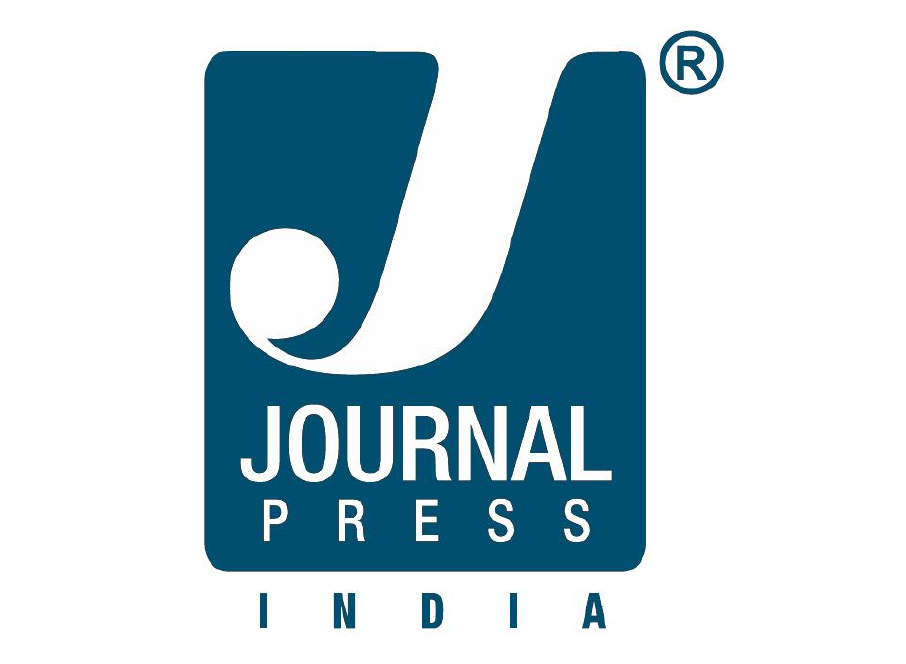
National Advisory Committee
|
|
|
| Dr. Suresh Mali, Principal, Dr. D. Y. Patil College of Engineering and Innovation, Pune, India | Dr. N. J. Uke, BOS Chairman, Department of Computer Engineering, SPPU, Pune, India |
|
|
|
| Dr. Sudeep Thepade, Pro-Vice-Chancellor, Pimpri Chinchwad University, Pune, India | Dr. Parikshit N. Mahalle, Dean Research and Development, Professor, Department of Computer Engineering, VIT, Pune, India |
|
|
|
| Dr. Chhaya Gosavi, Associate Professor, Cummins College of Engineering for Women, Pune, India | Dr. Geetanjali Kale, HOD, PICT, Pune, India |
|
|
|
| Dr. Pravin Futane, Professor & Head of IT, VIT, Pune, India | Dr. Anuradha Thakare, Professor & Head, Computer Science & Engineering (AI&ML), PCCOE, Pune, India |
|
|
|
| Dr. Chandrashekar Jatoth, National Institute of Technology Raipur, India | Dr. Savita Kashyap, Postdoctoral Fellow (Electrical Engineering Department) Indian Institute of Technology Bombay, Mumbai |
|
|
|
| Dr. Sunita Dhotre, Associate Professor, Bharati Vidyapeeth (Deemed to be University) College of Engineering, Pune | Mr. Shreyas Inamdar, Schmersal Global Competence Center, SAP MM Consultant |
|
|
|
| Mr. Shrikrishna Kulkarni,Vitaledge Technologies, Pune | Mr. Sachin Chaudhari, Senior Engineering Manager, Maersk |
|
|
|
International Advisory Committee
|
|
|
| Mrs. Yashodhara Savla, Senior Software Engineer, Boston, USA | Dr. Gayathri Sadanala, Truman State University, Missouri, USA |
|
|
|
| Ms. Niranjani Wagh, Data Scientist at Microsoft, Washington, USA | Ms. Romit Thete, DevOps Engineer at SAP Labs, Hungary |
|
|
|
| Mr. Chetan Pathade, Security Engineer @X, San Francisco Bay Area, USA | Ms. Aishwarya Jadhav, DevOps Specialist, JDR Software, Australia |
Faculty members from engineering, polytechnic, and science colleges, along with research scholars, UG/PG students, and industry professionals, are invited to submit full-length papers. Submissions must be original, unpublished, and not under consideration for publication elsewhere. All papers will undergo a plagiarism check followed by a peer review process. Authors will be notified of the review outcomes accordingly.
Publication Opportunities
All submitted papers will be published in the conference proceeding through the peer review process. Selected papers will be published in Edited book with ISBN no. and DOI.
Registration Form
(* indicates mandatory fields)
Registrations Guidelines
Registration Fees
| Category | Early Bird (15th - 30th November, 2024) |
Regular (1st - 31st December, 2024) |
|||
| Registration Fee (INR) | Registration Fee ($) | Registration Fee (INR) | Registration Fee ($) | ||
| Faculty / Research Scholars | INR 1,000 | USD 100 | INR 1,500 | USD 150 | |
| PG Student Presenter | INR 700 | USD 75 | INR 1,000 | USD 100 | |
| UG Student Presenter | INR 500 | USD 50 | INR 700 | USD 75 | |
| PG / UG Student Participant | INR 200 | USD 25 | INR 300 | USD 50 | |
Authors are requested to submit their full-length papers as per instruction given below:
For Full Paper Submission
(* indicates mandatory fields )
E-mail: icetc2025@pccoer.in
(* indicates mandatory fields)
Fill up the following form and our representatives will contact you for further communication.
Important Dates
| Paper Submission | |
| Start Date | 15th Nov 2024 |
| Last Date | 30th Dec 2024 |
| Registration | |
| Start Date | 15th Nov 2024 |
| Early Bird | 15th - 30th Nov 2024 |
| Regular | 01st - 31st Dec 2024 |
| Extended Date | 05th Jan 2025 |
| Conference Dates | 06th & 07th Feb 2025 |
